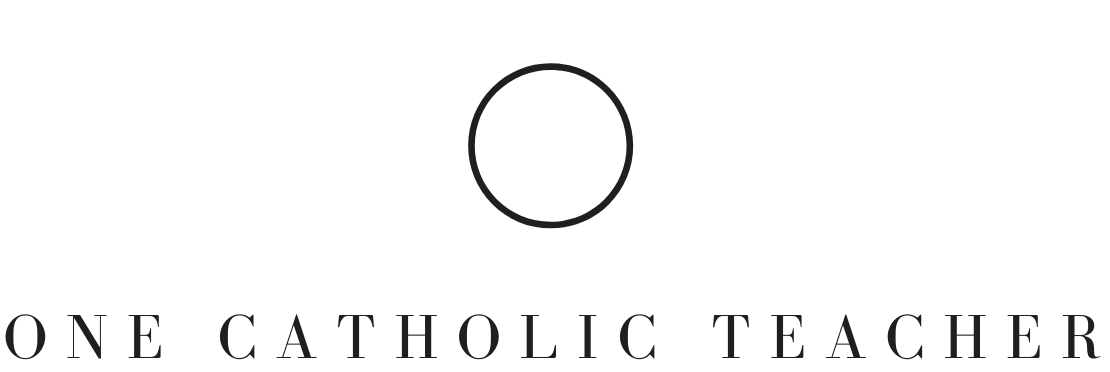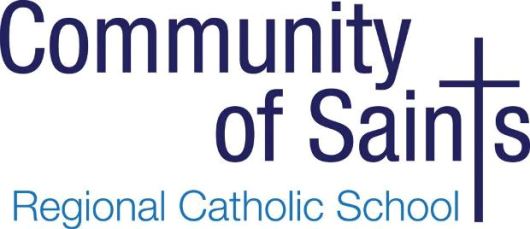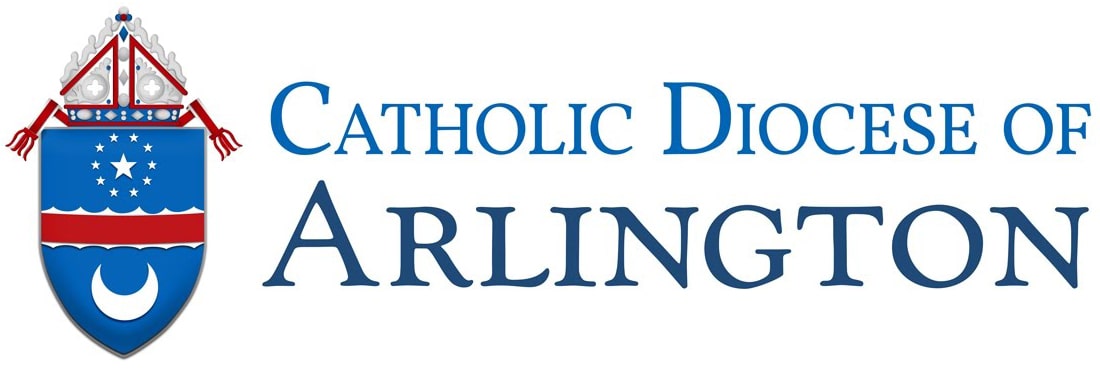
All Catholic teachers face times of difficulty and hardship. There can be difficult students, problematic relationships with parents or challenges with leaders in the school. How can we provide help for Catholic teachers when things are hard. In today’s episode I want to share with a simple insight from one of the best known Bible stories. It’s a chance to remember that the difficult circumstances we face are not always our problem to solve.
Learning From Daniel In The Lions Den
Well, hey, everybody. Jonathan Doyle with you once again for The Catholic Teacher Daily Podcast, a little bit of daily inspiration for you in this phenomenal work that you do as a Catholic teacher. Are you aware just how incredible it is, what you do? I keep telling people “I know you don’t feel like it. I know you don’t wake up first thing in the morning and you’re like, ‘Thank you, Jesus. I am a Catholic educator.'”
Well, I think you should. All right, maybe put that down as on a to-do list, because you really think about what it is that you’re doing, you’re partnering with God in this beautiful process of helping young people experience intimacy with Jesus Christ. Always remember, the goal isn’t to know about Jesus. The goal isn’t just to teach gospel stories so that children know that there was Jesus, because often the risk over recent decades has been that there’s this equivalence problem where kids think that Jesus is a moral teacher. He’s just a really nice guy, and they see pictures of Jesus holding lambs and they think, “Well, he holds the lambs. He must be nice and he’s a moral teacher.”
But just a week or two ago was the Feast of Christ the King of the Universe, this amazing cosmic Jesus who is the word of God, who spoke everything into existence, that young people can have intimacy with that Jesus. That’s an extraordinary thing, and that’s what you’re doing. And you go, “Well, I don’t do that. I don’t teach religion, Jonathan, or I don’t sort of evangelize kids that way.” Well, maybe that isn’t your exact role, but that doesn’t mean you can’t lead times of prayer or be very pastoral in a Christocentric way. All of us are playing some important role in bringing Jesus to young people. That’s what you’re doing. Okay? And that’s a pretty amazing thing to do with your life.
Okay. A couple of things. Thank you to everybody for your prayers during my recovery from the recent accident. It’s been amazing just to connect with so many great people all over the world who’ve been praying for me, looking out for me. Really appreciate it. Now two things I want to do with you today in this short message. I want to share with you a beautiful quote from yesterday, which is a wonderful quote from Romano Guardini. Many of you would not be familiar with him. He’s what we would call a heavy hitter. He is a incredibly influential Catholic theologian, had a massive impact on Pope Benedict XVI. Guardini Wrote a book called The Lord, which is seen as one of the greatest books ever written on Christ, on Christology.
But listen to this beautiful quote that I shared yesterday. Guardini says this, “For the greatest things are accomplished in silence, not in the clamor and display of superficial eventfulness, but in the deep clarity of inner vision, in the almost imperceptible start of decision, in quiet overcoming and hidden sacrifice.” Isn’t that good? Let me do it one more time really quickly, “For the greatest things are accomplished in silence, not in the clamor and display of superficial eventfulness, but in the deep clarity of inner vision, in the almost imperceptible start of decision, in quiet overcoming and hidden sacrifice.”
I love that, “For the greatest things are accomplished in silence.” If you’ve been following in recent episodes, I’ve talked a fair bit about prayer, contemplative prayer. I am the evangelist of silence, friends. I just think it’s a cultural commodity that we’re massively losing, and I think to survive and then thrive in the Catholic education vocation, what we need is to be masters of silence.
I love how he uses these words where he talks about the clamor and display of superficial eventfulness. I mean, look at our social media world, talk about clamor and display. Look at our news cycles, clamor and display, superficial eventfulness, fake news, making news out of nothing. We live in this world with so much noise and intrusion and complexity and demand, and he’s reminding us beautifully here of this need for deep silence.
As many of you know, my days usually start at 4:00 a.m. And why? It’s because I’ve got three really young kids and a busy life, and I know that if I don’t have that time, then I’m not going to experience silence and prayer that day. I’m not telling you to do that. You might have a different body clock to me and all sorts of reasons why that’s not your thing. But it might mean going into school early, being in the chapel. I often say to people, “On the way home, you just stop at a local church and just silence is so powerful.”
All right. Now the other thing I wanted to share with you today very quickly is just a reminder. Today’s readings from the Mass, from the Book of Daniel, where we’ve just come through Maccabees and the church’s calendar and we’re in Daniel at the moment, and today’s Daniel is Daniel in the lion’s den. That’s the story today and you all know it from being young, when you were young kids. It’s a story we know so well. But I just want to show you this key line. The king, of course, Nebuchadnezzar, was desperate not to see Daniel die. He developed a real love and appreciation for him, but he couldn’t get out of it because he’d made this decree and his officials trapped him into putting Daniel in the lion’s den. But just as the stone is sealed up, the king says, “May your God whom you serve continually rescue you.” May your God who you serve continually rescue.
I really felt it on my heart today. I hope it’s the Holy Spirit, that in all the difficulties that you face being a Catholic educator, it could be difficult parents, it could be difficult leaders in your school. Gosh, you hit problems, don’t you? I mean, how many of us in the Catholic education journey don’t encounter problems? So what do we do in our human strength? It’s not in your schoolwork, it’ll be in your family. It’ll be somewhere that we encounter problems frequently that are overwhelming and difficult.
I love this line today. Why? Because the God that we serve continually is the one that rescues us. I mean, think of how many times in the Bible that shows up. How many times do we hear the battle is not yours? The battle is the Lord’s. I mean, even look at Jesus on the cross. It wasn’t Jesus’ job to save himself. It wasn’t Jesus’ job to resurrect himself. It was the Father. You see, He’s the exemplar. It wasn’t Mary who brought about the incarnation. She allowed it to happen through dependence on God.
Now the reason I talk about this stuff is because I’m probably the worst person in the world for actually living it. I struggle with this. I’ve always been a very driven, goal-focused, hard-driving person, and so for me to constantly talk about this issue of trusting God to show up, trusting God to be what we need. Let’s bring this back to the concrete circumstances of your Catholic education vocation. The point is that when you run into a problem, a difficult student, a difficult parent, a difficult principal, whatever it is, and you might be listening as the principal, going … Well, you all get the point, right?
There’s problems and we hit them, and I think our default setting is self-reliance. Our default setting is, how am I going to fix this? What do I have to do? And then that brings out all sorts of craziness, doesn’t it? manipulation of people, manipulation of circumstances, our controlling behaviors, fearful behaviors, anxiety, all this stuff. Now we’re human and we’re broken and it’s what we do. We’re going to have to do it. And the journey that I’m on, which has really come through a lot of suffering, particularly recently with the accident, has been of gradually learning to surrender and to trust that God is going to rescue you, that He’s going to bring about a resolution to your circumstance, to that student, to that parent relationship, to whatever it is you’re facing in the Catholic education journey.
So all you need to do is begin a process of prayer, which is, Father, I surrender to you this difficult circumstance. I need your help. I need you to guide me. I need you to bring about the resolution that I made. Gosh, surrender. That’s what it’s about. And what was Calvary about, right? And quite a few different things, but that surrender, into your hands, I commend my spirit. So as a Catholic teacher, it’s into your hands, I commend this student. Into your hands, I commend this difficulty. Into your hands, I commend my fatigue. Into your hands, I commend my uncertainty. And people want to go, “Come on, Jonathan, really, that’s all you got?” Yep. That’s all I got. That’s all I got.
Now my background, my first master’s degree was in educational leadership and management, so, yeah, I can be strategic and we can do management stuff. All those things have a place. But I think that the first place is dependence and surrender into the provision of God, because if that isn’t true, I keep trying to tell people, then it’s on you. If He isn’t going to show up for you, if He isn’t going to carry you, then it’s on you. And no wonder we have an epidemic of anxiety because existentially as a culture, if it’s on us, then we got to control everything, and that’s just impossible. So the grace that I’m praying for in my own life is the grace of surrender, is the grace of surrender, and I’m going to be praying that for you.
All right. I’m going to stop. Otherwise, I go forever. Come and find me. Instagram, jonathandoyle47. If you’re on Facebook, would you come and find us just by doing a search for Passionate Catholic Teachers on Facebook., just popping the term passionate Catholic teachers, and that’s going to take you to finding us there. Look, that’s it. God bless you. I just pray for you. I thank you for your beautiful ministry, and I pray that the Holy Spirit’s just going to carry and sustain you in so many ways.
All right, do me a favor. Make sure you’ve subscribed to the podcast. Wherever you’re hearing this right now, please just subscribe. And would you do me a favor? Would you grab this episode and then just go share it with a few people? Put it on your school intranet, check on your Facebook feed, email to a few friends. That would be huge. Why? Because I get a huge buzz out of seeing it grow and knowing that there’s hundreds and thousands of teachers around the world hearing this message. So God bless you. Thank you for what you do every single day. My name’s Jonathan Doyle. This has been The Catholic Teacher Daily Podcast, and I’m going to have another message for you tomorrow.













0 Comments